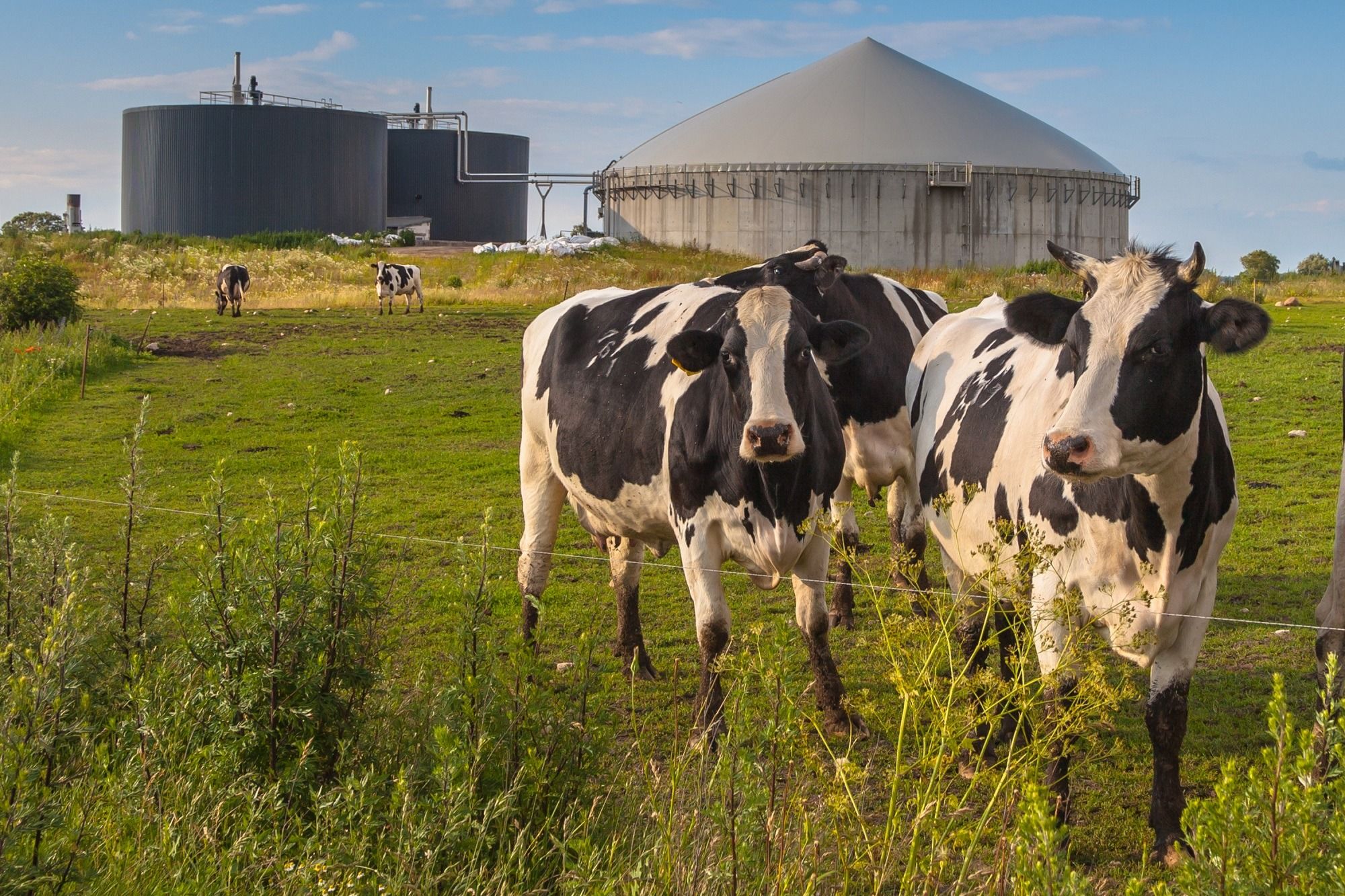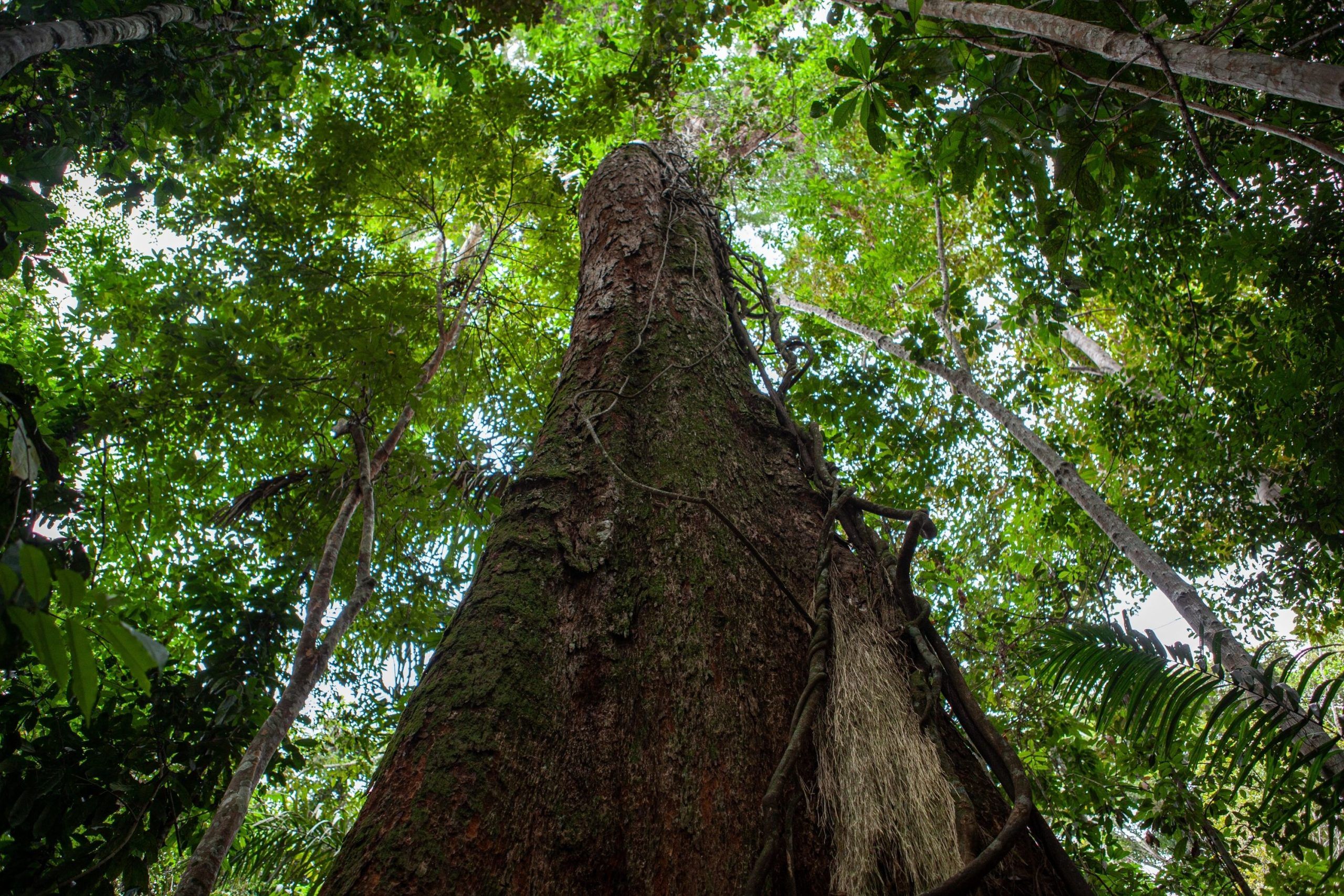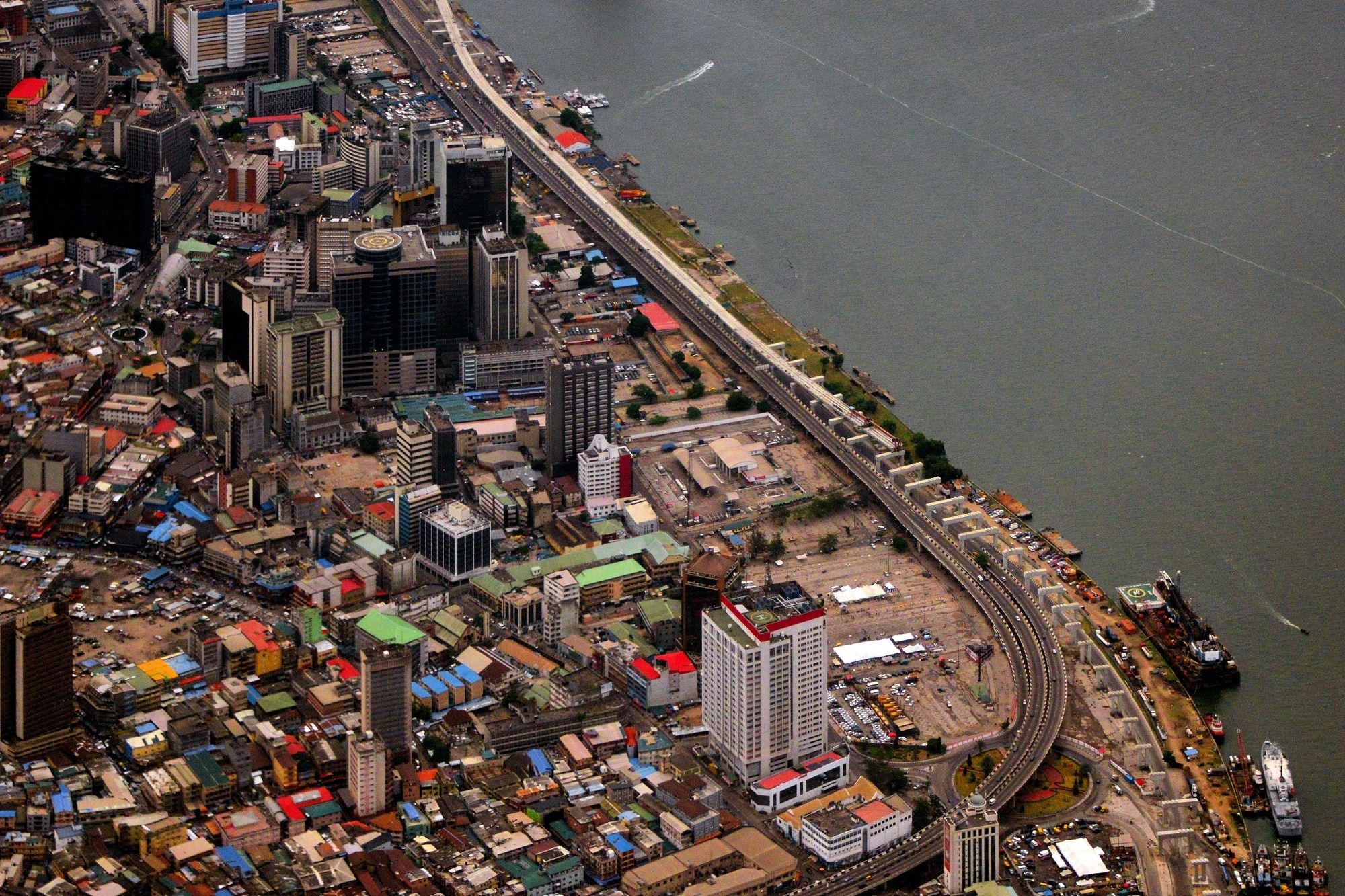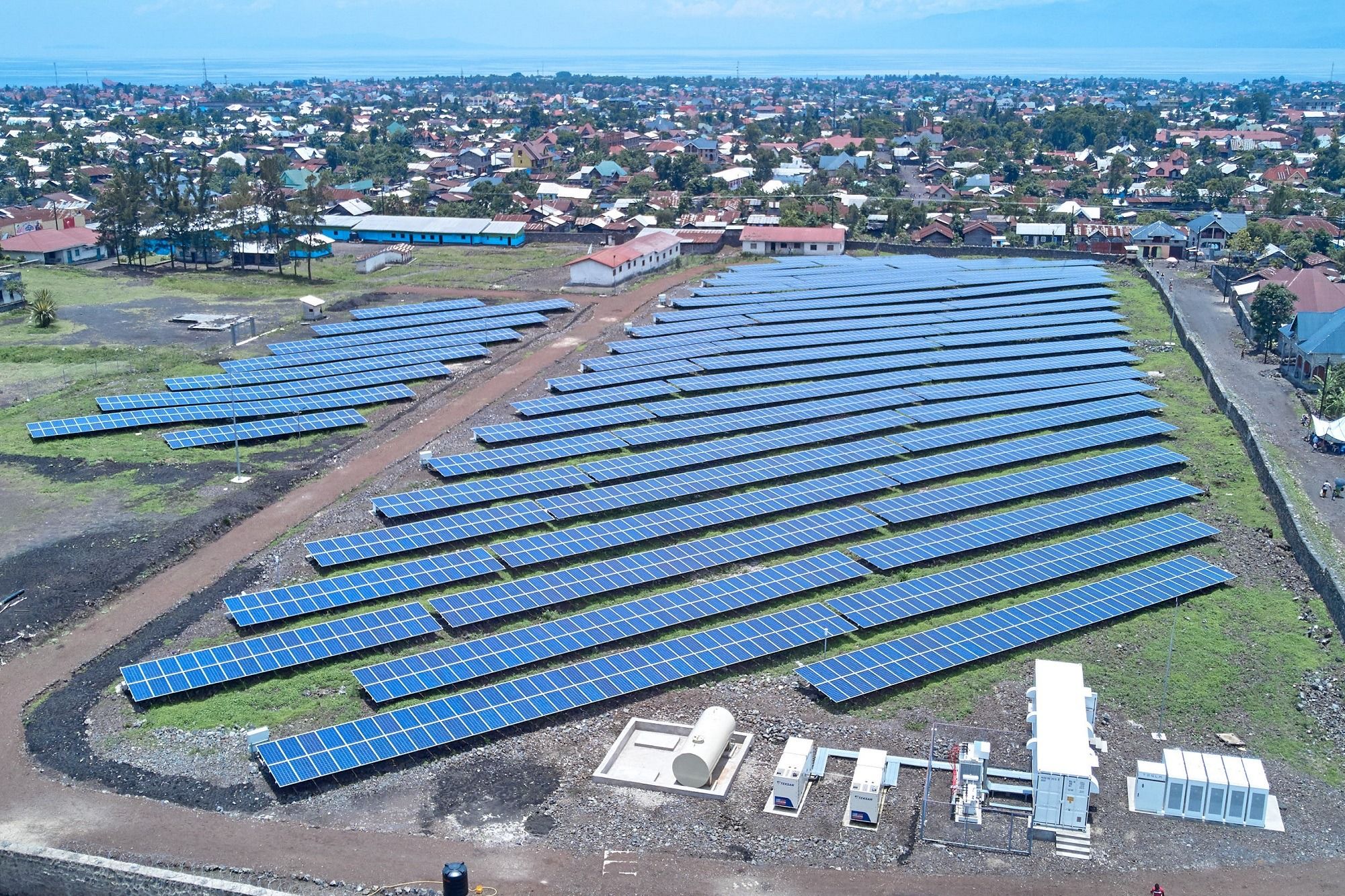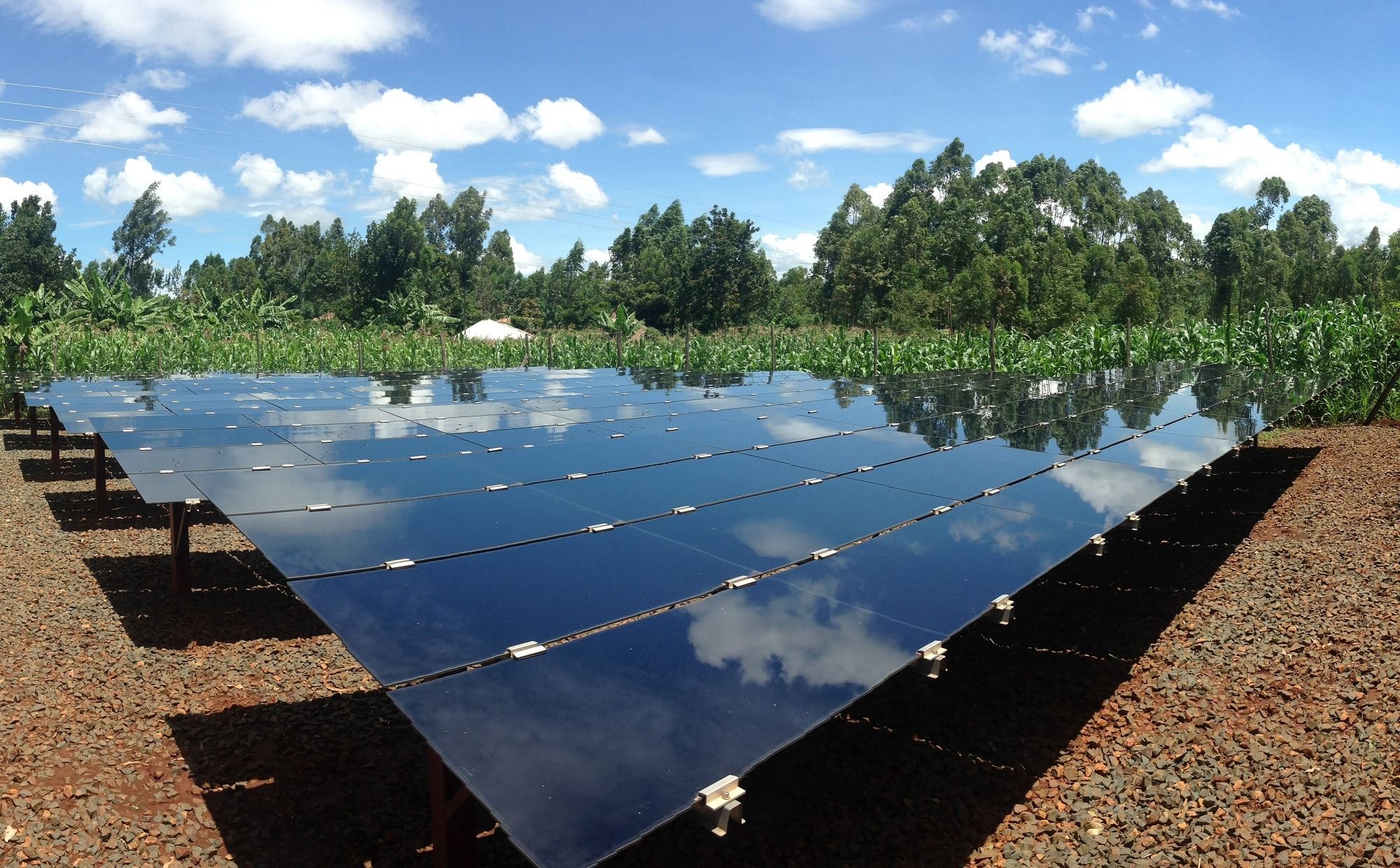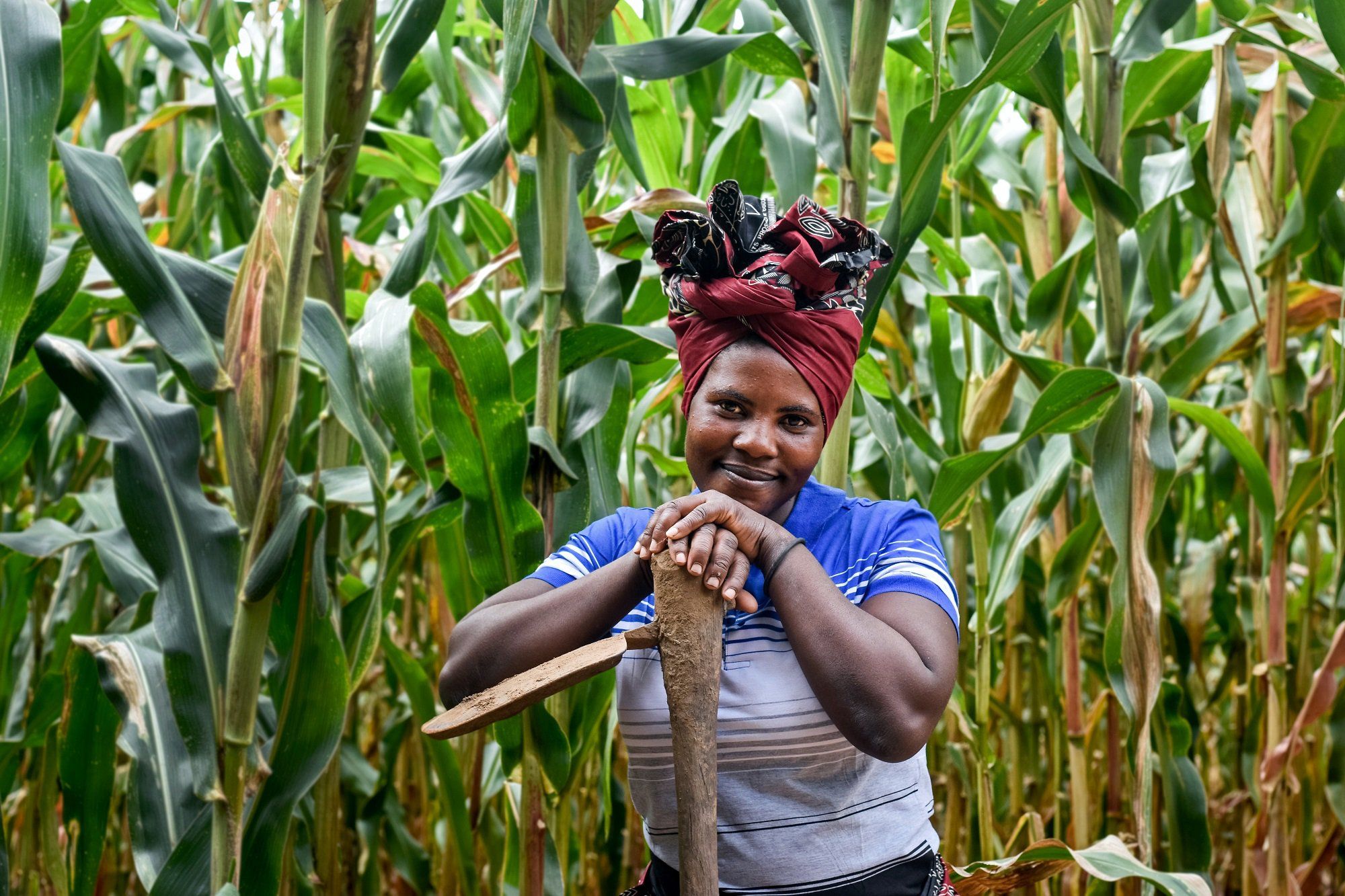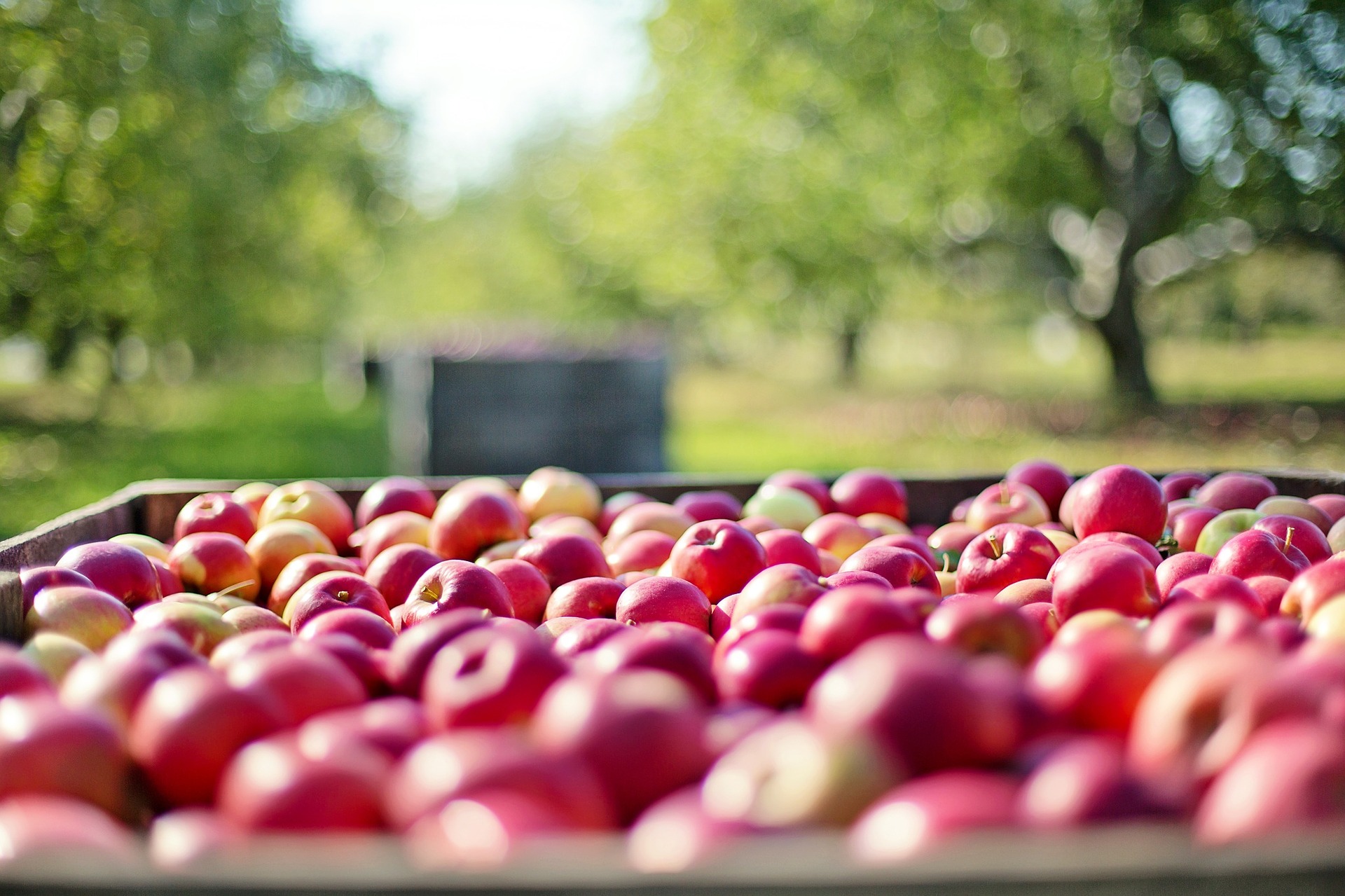Call for ideas archive 2021
Learn moreThese are the great ideas selected in 2021
View all ideasWhat the Lab is looking for?
For the 2021 cycle, there is a special call for the Lab’s sustainable energy access, sustainable cities and food systems streams, and the Brazil and Southern Africa programs. The Lab’s general program is also accepting ideas that address barriers to sustainable investment in developing countries across the adaptation and mitigation spectrum.
What happens if your idea is selected?
If your idea is selected by Lab Members, you will work with a team of analysts, key stakeholders, and experts to:
1.
Develop or refine the mechanics of your idea.
2.
Survey comparable instruments, ensuring the final instrument is innovative and impactful.
3.
Develop robust financial modeling.
4.
Assess and document potential social and environmental impacts.
5.
Map risks and risk mitigation strategies.
6.
Develop a detailed implementation plan.
7.
Produce promotional content.
8.
Present your idea to donors and investors.
9.
Potentially receive endorsement from the Lab.
How ideas are selected
FAQApplicants must complete an online form (see PDF version for reference). A set of key criteria guides how submitted ideas are assessed and ranked.
Why submit an idea?
Selected ideas will receive guidance and support from high-level leaders from both the public and private sectors, who contribute expertise, political capital, and financial capital to the instruments.
Lab membersSelected ideas will also benefit from robust analysis, stress-testing, and development by Climate Policy Initiative’s team of experts.
Meet the Lab experts$
250
k
value of in-kind analytical and communications support received by selected Lab ideas
$
3
bn
mobilized by endorsed Lab instruments
Who is involved?
The Lab is composed of over 60 expert institutions in government, development finance, philanthropy, and the private sector. The full list of Lab Members can be found here. The funders for the Lab’s 2021 cycle are included below. Climate Policy Initiative serves as the Lab Secretariat.





